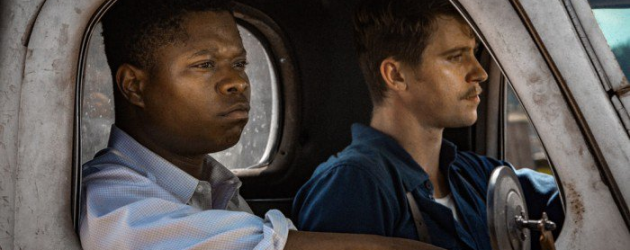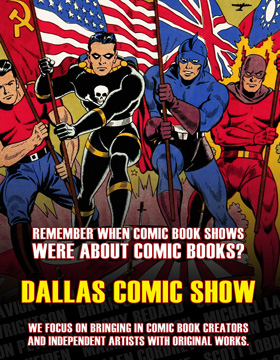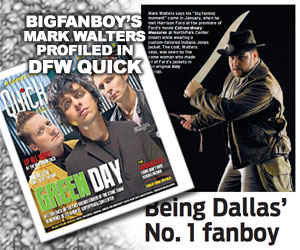
Netflix has earned its place in the world of television, and fought hard to get there, but it has yet to make its mark in the film landscape. It could be because current consumption of media doesn’t lend itself well for streaming bleak enclosed dramas. Netflix thrives on the fun casual “What’s going to happen next?” culture, as shows like 13 REASONS WHY and STRANGER THINGS has proven. Getting uncomfortable, however, is not fun. No one is going to watch 12 YEARS A SLAVE or ROOM without a sense of commitment going in, and buying a ticket helps establish that. It could also be because your college intro film professor was right, and great films can only be viewed on a large screen if you want their full effect. But Oscar season is rearing its head, and this year is Netflix jumping on board no matter the reasons, and has got a real winner in MUDBOUND. With a stunning cast and realistic depiction of racism, sexism and poverty in the 1940s, this production is here to make you uncomfortable.
This film is misery incarnate, portraying the lives of five characters in rural Mississippi during and after the end of World War II. Director Dee Rees gives each person has a narrative voiceover, trading places like chapters in a George R.R. Martin book. First, the film sets the stage for tension, as Laura McAllan (Carey Mulligan) describes her struggles being married off to a patriarchy with stubborn and unsympathetic Henry McAllen (Jason Clarke) despite her lack of maturity, and being moved to a farming life on desolate land. Henry’s racist father Pappy tags along – Jonathan Banks trading in his normal quiet resoluteness for menace and vitriol.
Next, we are traded to the Jackson’s, a black family leasing some the McAllen’s land doing their best to keep living and not get too close to trouble. Hap (Rob Morgan) and Florence (Mary J. Blige) both take over here, as they struggle with money and dealing with Henry’s unkind governance, along with worrying about their son who has gone to war.
Which brings us to the two characters the film settles on as the leads: Ronsel Jackson (Jason Mitchell) and Jamie McAllan (Garrett Hedlund). Ronsel is a Jackson son yearning for more than what this Mississippi life can give him, and Jamie a charismatic younger brother juxtaposition to Henry. They bond over their PTSD returning to live in rural Mississippi after fighting in the war, and specifically Ronsel coming back to racism after being an equal in the military, and Henry turning to alcohol disillusioned by life in battle.
The misery is pervasive throughout the story, and although this ends up being Ronsel Jackson’s story, the decision to give each character their own narrative pushed the film past the labeling of Oscar bait with a story on race, it becomes more of a commentary on suffering. Cinematographer Rachel Morrison does a beautiful job capturing the desolate green and brown landscapes reflecting the patches of happiness each person is trying to carve out in this muddy existence. The acting is fantastic from everyone involved. Banks surprises with how frightening he can be despite his age, Carey Mulligan is able to express her entire conflicting situation through just her face, and Rob Morgan can do the same with even less expression. But Jason Mitchell and Garrett Hedlund are the standouts, able to make the unlikely friendship feel real and meaningful in the little bit of screen time it gets.
The film is not perfect, it can be argued that it wanders too long before finding its footing in Ronsel and Jamie, and almost abandons Henry. It also frustratingly relies on tropes, starting in the middle of the narrative so that we are constantly questioning what happened to Ronsel before we even meet him, which provides more anxiety than dramatic weight. And it ends by withholding information from the viewer that its characters already know, which I am never a fan of. If the viewer is an omnipresent watcher, and all the main characters know this information, holding until the final moments for a dramatic button feels cheap. But in the end, MUDBOUND accomplishes more than it falters in creating a place of uncomfortable suffering.








